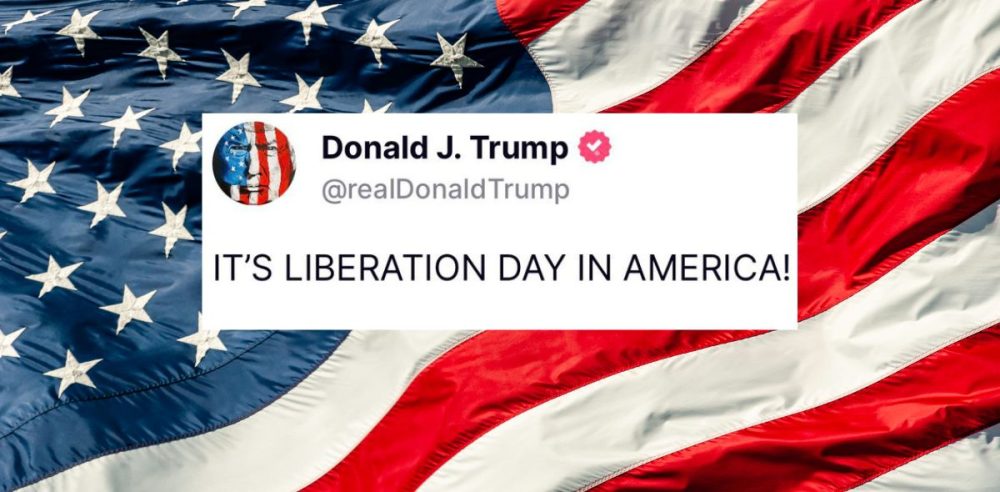President Donald Trump announced a new tariff strategy aimed at leveling the international trade playing field during a “Make America Wealthy Again” event in the White House Rose Garden on Wednesday afternoon.
The initiative introduces reciprocal tariffs on numerous countries, a move Trump claims will rejuvenate American industry and employment.
Addressing a crowd that included American steelworkers, auto workers, and farmers, Trump emphasized the detrimental impact of foreign trade practices on U.S. jobs and industries.
“For years, hardworking American citizens were forced to sit on the sidelines as other nations got rich and powerful, much of it at our expense,” Trump said. He outlined plans to use the revenue from these tariffs to reduce taxes and the national debt, promising a swift economic revival.
The tariffs, which are set at approximately half the rate of those imposed on U.S. goods by other countries, aim to counteract what Trump described as “foreign cheating.”
The European Union will face a 20% tariff, compared to 39% tariffs on the U.S., 24% on Japan versus 46% on the U.S., and 34% on China versus their 67%, among others.
Cambodia will see one of the highest tariffs at 49%. Trump criticized non-tariff barriers, such as quotas and regulations, which he argued have been more damaging than monetary tariffs. These barriers often target U.S. agricultural exports, limiting meats and fresh produce.
“For decades, the United States slashed trade barriers, while those nations placed massive tariffs on our products and created outrageous non-monetary barriers to decimate our industries,” Trump said, accusing foreign nations of currency manipulation and intellectual property theft.
Highlighting America’s historical reliance on tariffs, Trump noted that from 1789 to 1913, the U.S. was a tariff-backed nation contributing to its wealth.
“We were collecting so much money so fast, we didn’t know what to do with it,” he remarked.
The administration has dubbed April 2 “Liberation Day,” marking a significant shift in U.S. trade policy.
— Donald J. Trump (@realDonaldTrump) April 2, 2025
White House Press Secretary Karoline Leavitt described the day as pivotal in modern American history, emphasizing the unfairness of foreign markets closed to U.S. exports.
The tariff plan is expected to incentivize businesses to establish operations in the U.S., creating job opportunities and boosting domestic industry.


